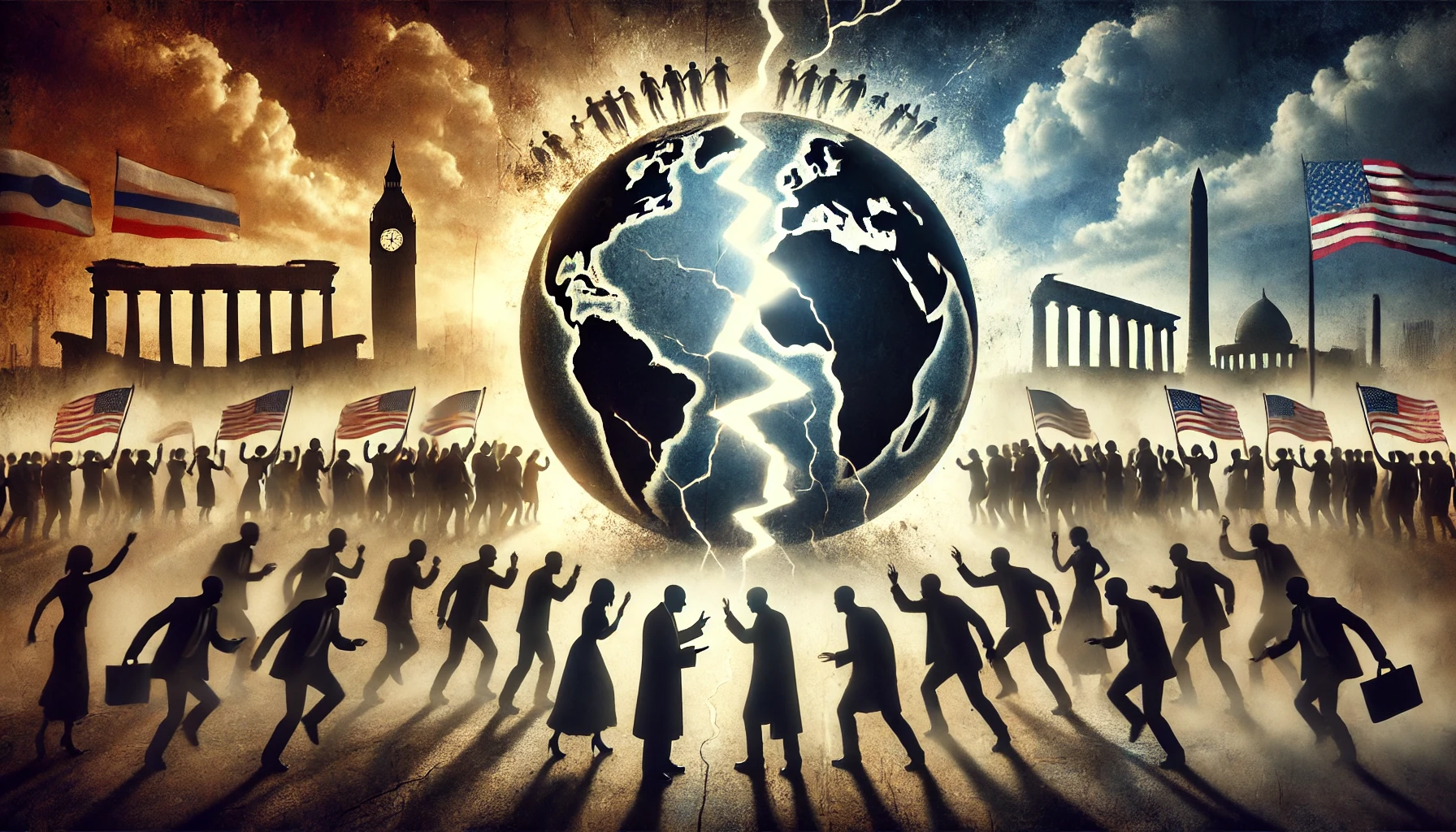In recent years, countries like Australia, New Zealand, and the United States have witnessed a noticeable shift towards right-leaning politics. This movement has been characterized by increasing division, with political discourse often highlighting and marginalizing minorities—not just in terms of race, but also economically, culturally, and based on sexual orientation. The resurgence of such divisive tactics raises concerns about repeating historical mistakes, notably those that led to some of the darkest periods in human history.
The Rise of Divisive Politics
The modern political landscape has seen a growing emphasis on “us versus them” narratives. Immigrants are frequently portrayed as threats to national security or economic stability. Minority groups, whether defined by race, sexuality, or economic status, often find themselves at the center of political debates that question their place in society. This approach fosters division and distracts from pressing issues that affect the broader population.
Religious and cultural superiority narratives have also gained traction. Some political factions advocate for policies rooted in specific religious ideologies, suggesting a moral high ground over others. This not only alienates those who do not share the same beliefs but also undermines the pluralistic foundations of modern democracies.
Historical Parallels with the Past
The tactics employed in today’s political sphere bear unsettling similarities to those used by authoritarian regimes in the past. The Third Reich, for instance, capitalized on economic woes and societal fears to promote a sense of nationalistic superiority and to justify the marginalization of various groups. The propagation of the idea that one culture or religion is superior to others creates an environment ripe for discrimination and, ultimately, conflict.
The repetition of these strategies suggests that society has not fully learned from history. The reintroduction of divisive rhetoric into mainstream politics risks normalizing hate and undermines the progress made towards equality and mutual respect.
The Weaponization of Social Issues
Contentious social issues like abortion and universal healthcare have become battlegrounds for political gain. Debates surrounding abortion rights often disregard women’s autonomy and the complexities of individual circumstances. Similarly, proposals for universal healthcare are frequently dismissed with labels like “socialism” or “communism,” terms used to instill fear rather than foster informed discussion.
These issues are leveraged to create ideological divides, diverting attention from potential solutions and preventing constructive dialogue. The oversimplification of complex topics into binary choices hinders societal progress and perpetuates misunderstanding.
The Erosion of Facts and Rights
In an era where information is more accessible than ever, the disregard for facts in political discourse is alarming. Misinformation and emotionally charged rhetoric often overshadow evidence-based arguments. This environment makes it challenging for citizens to make informed decisions and undermines the democratic process.
Women’s rights, in particular, have suffered in this climate. Policy decisions affecting women’s health and autonomy are frequently made without their input, reflecting a broader trend of marginalizing certain groups from important conversations that directly impact them.
The current trajectory of divisive politics in countries like Australia, New Zealand, and the United States serves as a stark reminder of the consequences of ignoring historical lessons. To prevent the repetition of past mistakes, it is crucial to promote inclusive dialogue, prioritize factual information, and uphold the rights of all individuals regardless of race, economic status, or sexual orientation.
Society must remain vigilant against narratives that seek to divide rather than unite. By fostering a culture of empathy and understanding, it is possible to address the root causes of societal issues and work towards solutions that benefit everyone. The responsibility lies not only with political leaders but with each individual to challenge divisive rhetoric and advocate for a more equitable and compassionate world.
